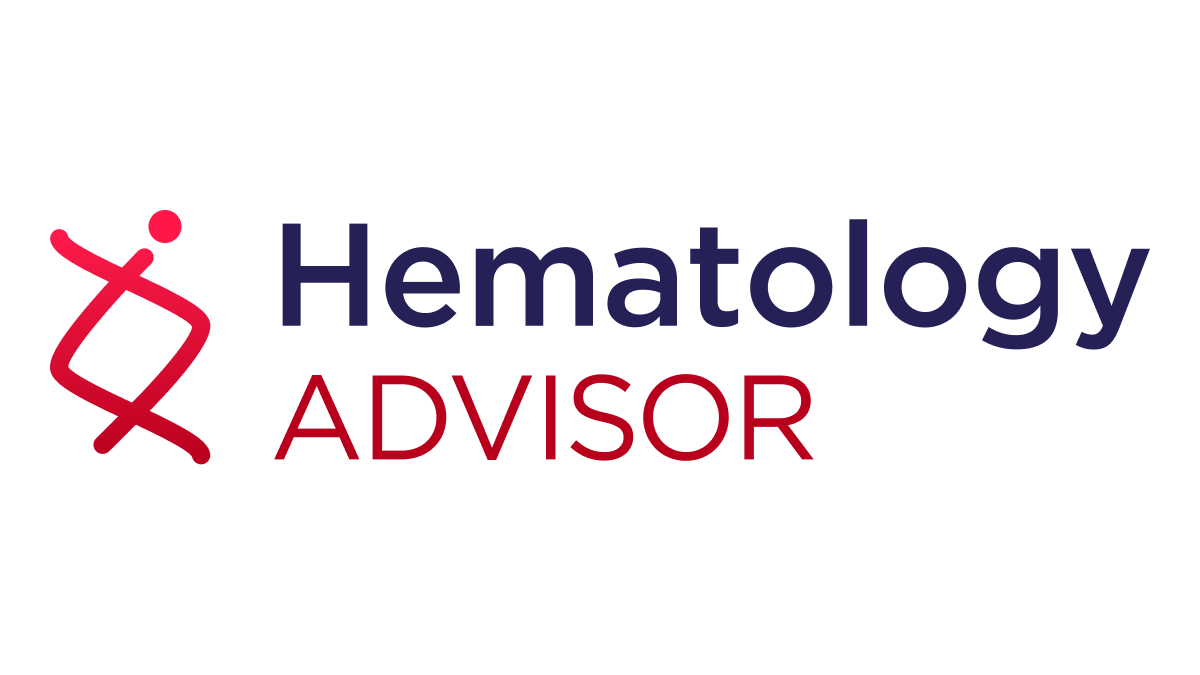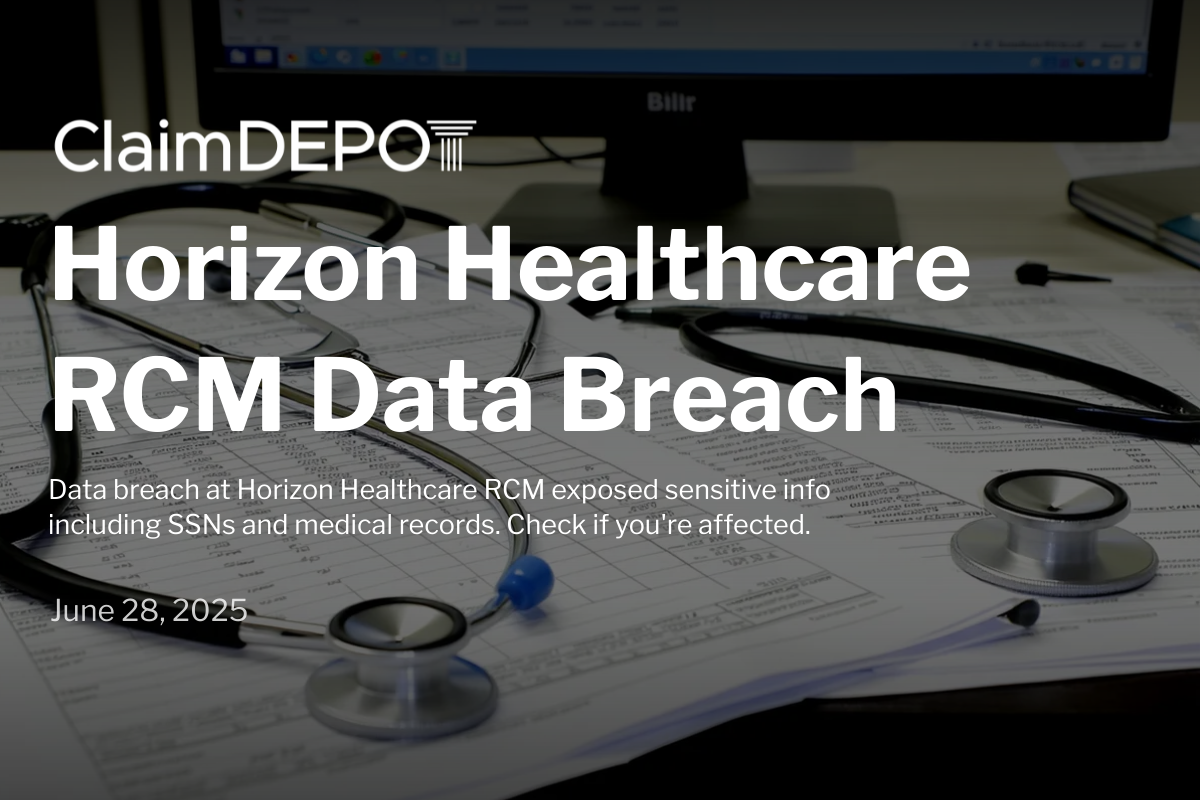
Digital technologies are playing a transformative role in the care of patients with hemophilia by enhancing how healthcare providers share and manage clinical information. Through improved communication platforms, electronic health records (EHRs), and patient monitoring tools, these innovations are enabling more seamless collaboration among hematologists, primary care physicians, and specialists.
Hemophilia, a rare bleeding disorder often requiring complex, multidisciplinary care, can greatly benefit from systems that unify patient data across different care environments. Health professionals who treat hemophilia patients often need access to real-time updates on treatment plans, infusion records, and laboratory findings. Digital tools help bridge gaps in communication that can occur when patients receive care in various settings or from multiple providers.
These technologies streamline diagnostic processes, facilitate timely adjustments in therapy, and support adherence through mobile health applications and telemedicine. Additionally, remote monitoring capabilities allow providers to track patient health indicators and medication adherence more closely than before, leading to potentially improved outcomes.
As digital solutions continue to evolve, stakeholders in hematology care emphasize the importance of ensuring that these systems are interoperable and user-friendly, maintaining patient privacy and data security. Ultimately, the integration of digital technology into hemophilia care is expected to enhance the quality and continuity of care, promoting better health management and improved quality of life for patients.
Source: https:// – Courtesy of the original publisher.








